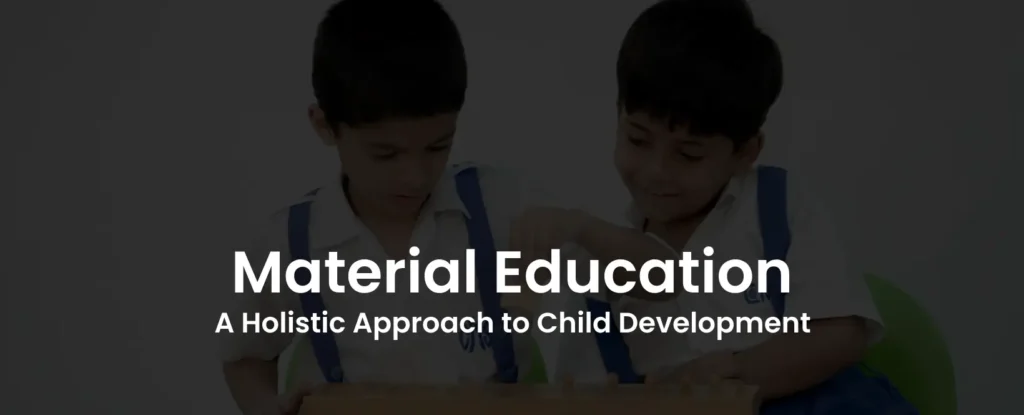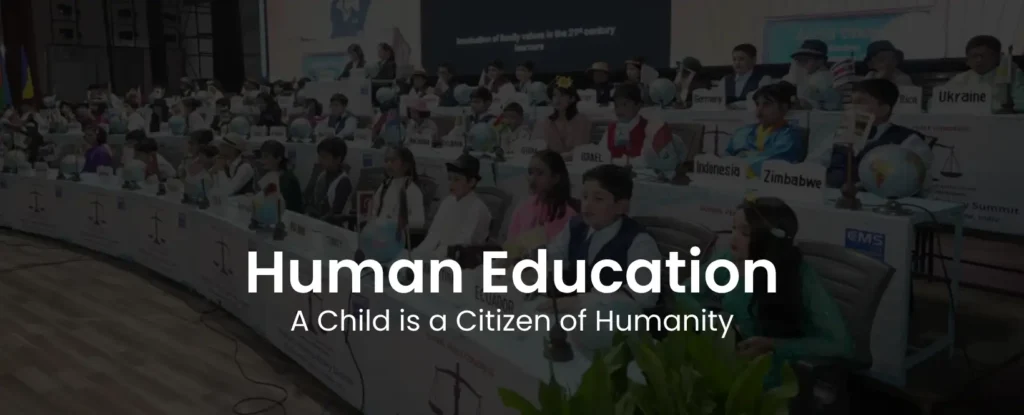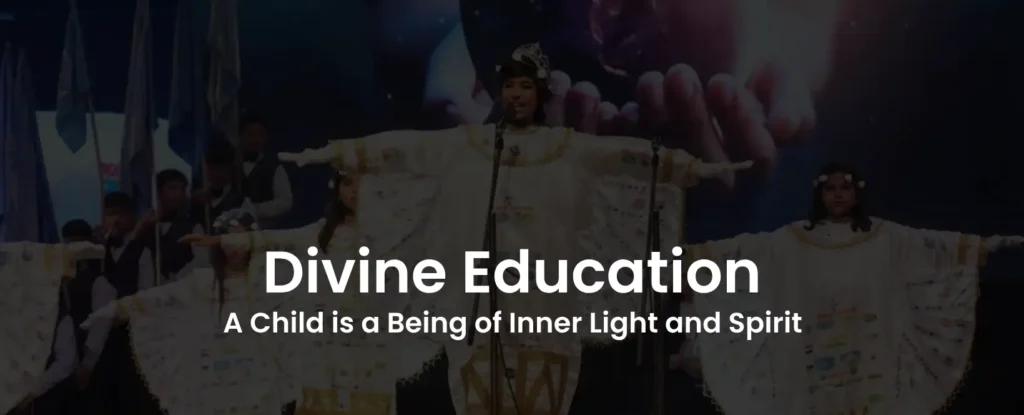Material education traditionally focuses on preparing students for professional success and economic stability. The core assumption is that a good education leads to better job opportunities and a comfortable life. Economists often view education as a tool for creating personal and social wealth, emphasizing the importance of academic and vocational skills.
However, a comprehensive view of education recognizes that a child is not merely a material being. While preparing for responsibilities such as family and career is essential, true education should also inspire students to use their skills and resources for the greater good of society. A conscious individual will leverage their wealth and abilities to serve others and contribute positively to the world.
Broader and Bolder Education: Beyond Materialism
Broader, bolder education expands the scope of traditional material education by focusing on the holistic development of students. It aims to inspire and prepare children not only to become successful individuals but also to be leaders and job creators who contribute meaningfully to society.
Personalized Education for Every Child
Education should be personalized to inspire and engage every child. This approach recognizes that each child has unique potential and that one-size-fits-all solutions are inadequate. Schools must tailor their educational methods to fit the individual needs and aspirations of each student, fostering a love for learning and a sense of purpose.
Integrating Science and Religion
A truly holistic education embraces both science and religion as complementary ways to understand reality. True science and religion are not in conflict; instead, they provide different perspectives on the mysteries of life. Science helps us explore the material world, while religion offers insights into spiritual and existential questions. By integrating both, students gain a well-rounded understanding of the universe and their place within it.
Encouraging Exploration and Curiosity
Schools should promote exploration through science fairs, cultural exchanges, and exhibitions. These activities help students appreciate the wonders of nature and the universe, fostering a sense of wonder and curiosity that drives deeper learning.
The Role of CMS in Material Education
City Montessori School (CMS) exemplifies a broader approach to education by focusing on the development of the child’s body, mind, heart, and spirit. CMS employs innovative methods and philosophies, including:
- Montessori Method: Emphasizes sensory learning and self-directed activity.
- Waldorf Method: Addresses the child’s spirit and emotional growth.
- Multiple Intelligences Theory: Recognizes that children have different strengths and learning styles.
CMS Innovations Department
CMS’s Innovations Department plays a pivotal role in advancing educational practices. With a dedicated team of over fifty teachers, the department continuously researches and implements new teaching methods, materials, and standards. The department’s efforts ensure that each child receives a personalized education that nurtures their potential.
Quality Assessment and Continuous Improvement
CMS’s approach to assessment includes:
- Continuous Evaluation: Regular assessments in core subjects like English, Hindi, Mathematics, and Computers.
- Innovative Report Cards: Highlighting each child’s strengths and achievements.
This ongoing evaluation process supports continuous improvement and helps tailor educational experiences to meet the needs of every student.
The Impact of Holistic Education
Holistic education at CMS leads to remarkable outcomes. Students thrive in a supportive and encouraging environment, achieving high success rates in national examinations such as the National Talent Search Examination (NTSE). CMS students consistently outperform their peers, reflecting the effectiveness of the school’s approach.
Developing Future Leaders
Broader, bolder education releases students’ capacities, fosters creativity, and cultivates a sense of purpose. It helps students develop analytical and creative abilities, self-confidence, and a spiritual vision that enables them to become proactive agents of social change.
By redefining material education to include holistic and personalized approaches, CMS sets a model for how schools can nurture well-rounded individuals who are prepared to contribute positively to society and lead fulfilling lives


